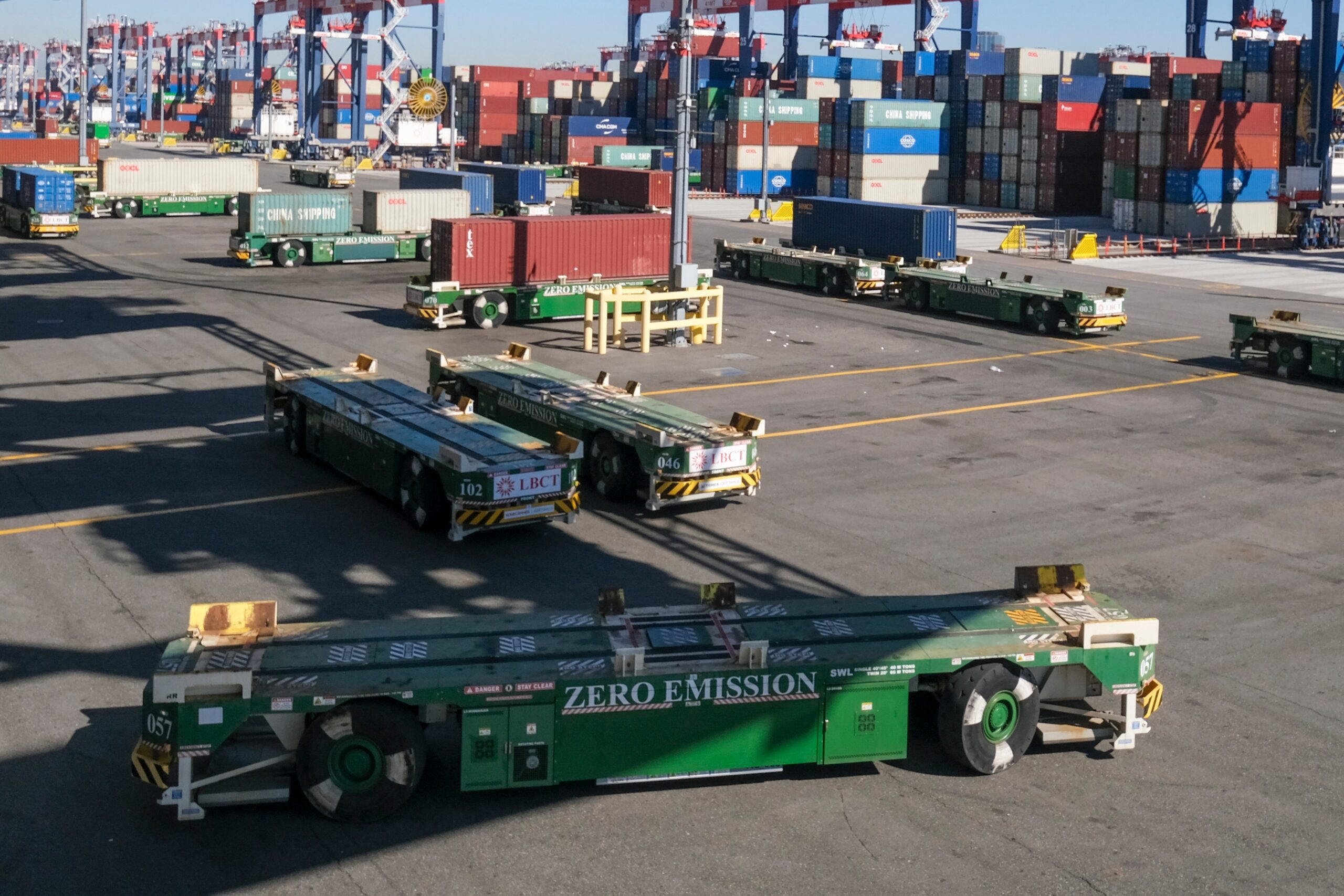
The Trump administration has offered a fierce attack on the International Maritime Organization (IMO) for proposed transportation for transportation, which is “tax on world carbon on Americans” imposed by the “UN UNHCHIFE BURANCE”.
In a joint statement, Marco Rubio, Minister of Foreign Affairs, Howard Luthenik, Chris Wright’s Energy Minister, and the Transport Secretary Duffy warned that the United States would oppose the plan at the October 2025 IMO meeting.
“President Trump does not accept any international environmental agreement that unjust the United States or harms US consumers,” the statement said.
IMO’s proposal determines the restriction of greenhouse gas emissions and begins the pricing of greenhouse gases in the marine industry in 2027. These large ocean ships are more than 5,000 gross-85 % of global transport products-need cleaning fuels and compensation for ships beyond the release of releasing reconciliation.
The Trump administration argues that the project increases shipping and energy costs, maritime and freight penalties, and benefits China by formulating expensive fuels that are not yet available. “Even small ships will incur millions of dollars,” the statement said. “We will not tolerate any action that raises costs for our citizens or industries.”
The government also warned other members of IMO to oppose this framework or face US retribution.
Industry groups are divided. The International Chamber of Transport represents more than 80 % of the World Business Fleet, supports the IMO program and considers it necessary to accelerate the production of cleanser fuel. “IMO must act in October to address the clarity industry and incentives for decorating,” said Thomas A. Casax, the secretary general of the ICS.
Critics point out that Trump’s wider trade and tariff policies are now raising US prices. “The tariffs are starting to increase consumer costs and less imports will mean fewer goods on the store shelves,” said Jonathan Gold, Vice President of the National Retail Federation.
The IMO’s net zero framework for rewarding low -release ships provides support for green infrastructure in developing countries and protecting vulnerable countries from economic harm. The detailed implementation instructions are projected in 2026, which will begin in 2027.
Trump’s position comes as he nominates former Mike Waltz national security adviser as the US ambassador to the United Nations. Waltz is expected to participate in maritime reforms before, carrying the government’s hard line on global transport laws to New York.